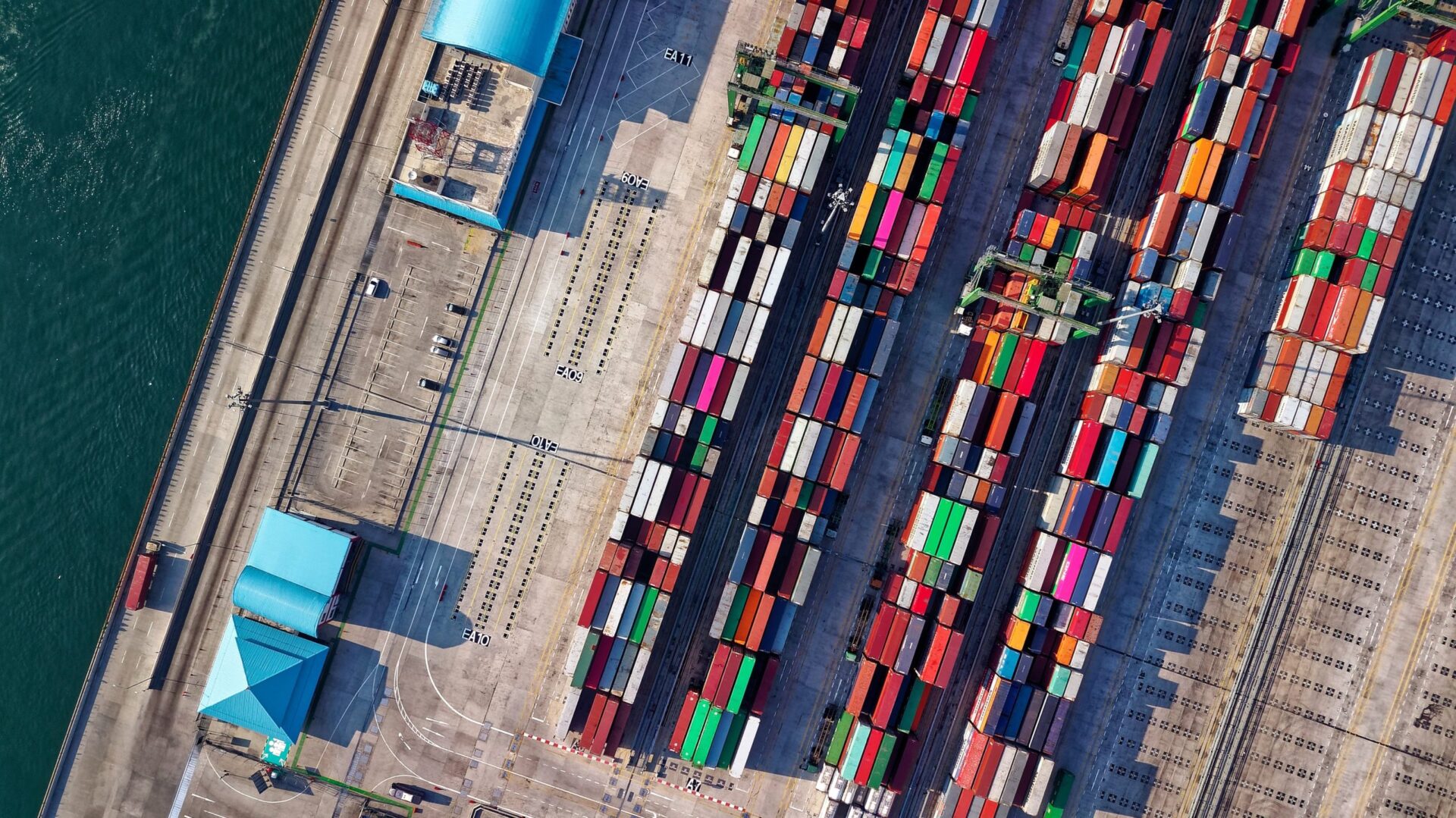A freight forwarder is a person or entity that holds itself out to the general public as providing transportation of property for compensation and in the ordinary course of its business:
- Assembles and consolidates, or provides for assembling and consolidating, shipments and performs or provides for break-bulk and distribution operations of the shipments;
- Assumes responsibility for the transportation from the place of receipt to the place of destination; and
• Uses for any part of the transportation a rail, motor or water carrier subject to the jurisdiction of either FMCSA or the Surface Transportation Board. Freight Forwarder – The term freight forwarder means a person holding their self out to the general public (other than as a pipeline, rail, motor, or water carrier) to provide transportation of property for compensation and in the ordinary course of its business and (A)Assembles and consolidates or provides for assembling and consolidating of shipments and performs or provides for break-bulk and distribution operations of shipments; (B)Assumes responsibility for the transportation from the place of receipt to the place of destination; and (C)Uses for any part of the transportation a carrier subject to jurisdiction under this subtitle. The term does not include a person using transportation of an air carrier subject to part A of subtitle VII (49, U.S.C. Chapters 401-465 – Air Commerce and Safety). Freight forwarders are required to have operating authority from FMCSA, if their businesses involve interstate commerce. What makes freight forwarders similar to motor carriers is that they may employ drivers and operate equipment as motor carriers to transport property. Freight forwarders are different from motor carriers in the way they handle the commodities they transport. A motor carrier transports a shipment from a specific point of origin to a specific destination. For example, a motor carrier is employed to transport a shipment or 1,000 pounds of paper from Wausau, Wisconsin, to Fort Wayne, Indiana. A motor carrier can handle multiple shipments, but each shipment has a specific origin and destination. When a shipment moves from point to point, the motor carrier’s only role is to transport it. Freight forwarders may receive multiple shipments from multiple points of origin and combine those shipments into one shipment going to a single destination. Freight forwarders also may take a single shipment from a single point of origin and break it into multiple shipments going to single or multiple destinations.
Freight forwarders also may employ motor carriers to accomplish that task. Freight forwarders, in addition to transporting property, offer other logistical services for shippers by coordinating the composition and movement of their shipments. As an example, a freight forwarder receives a shipment of 30,000 pounds of clothing from a factory in Greensboro, North Carolina. That shipment is separated by the freight forwarder into three 10,000-pound shipments to be transported to destinations in Illinois, New York, and California. After separating the shipments, the freight forwarder employs a motor carrier to transport one shipment from North Carolina to California. The shipment to California is transported under the authority of the freight forwarder. The Motor Carrier Act of 1980 deregulated the motor carrier industry. ICC restrictions on the entry of transport firms limited competition and kept prices high. During regulation, transport carriers were allowed to establish rates that would recover their total cost of transportation that included a reasonable return on invested equity. Deregulation was to introduce a greater degree of economic efficiency and competitiveness to the market place. Many new carriers interested in the trucking industry. In order to give the legal “property broker” name definition and to cover a larger group of licensed and unlicensed transportation facilitate or the Transportation Intermediaries Association was formed. TIA, a member organization calls them generically 3PLs (Third Party Logistics) companies. TIA defines 3PLs as facilitators that arrange for the efficient and economical movement of property and goods. This association has taken on the mantra of establishing the generally accepted professional standards and ethics for unlicensed and licensed property brokers. Under deregulation the compensation is not defined and the intermediary has no dual agency responsibilities, therefore the amount of compensation for the services rendered is left up to the broker’s ability to source, add value, arrange for, purchase, sell and negotiate the price for the transport of the freight transaction and provide the necessary contract paperwork for all parties to the freight transaction. Intermediaries have just three major costs: purchased transportation costs, personnel costs, and administrative costs. Since deregulation property brokers have marketed and sold shippers on the concept that by their purchasing, facilitating and arranging for the freight transaction and then reselling the same freight transaction to the transport carrier ultimately insures to guarantee the shipper the lowest freight price. That would be true if the shipper knew the gross margin before or after the freight transaction. Shippers’ do not review brokerage gross margins before the freight transaction nor ask to review the gross margins subsequently. Unless the shipper as a party to the transaction, under the law, asks the broker the gross margin on the freight transaction the broker has no obligation to disclose upfront. Conversely, unless asked a freight broker has no obligation to disclose to the transport carrier what the shipper paid. Very few, if any, freight property brokers ever disclose such information to it her party. Once a freight transaction is purchased by a freight broker, the broker is free to use whatever media, system, business acumen, negotiation skills or other means to make as much gross profit margins and correspondent compensation as possible. Thus gross margins, compensation, and profits have continued to increase since deregulation. Substantially, all of the advertising is targeted at the “spot market.” The spot market is that fertile ground where brokers can negotiate and maximize the largest gross margins. The spot markets are the “spots” the broker will find transport carriers with available load capacities. Freight brokers know where there are more transport carriers with equipment capacity than freight. They also know small carrier drivers get tired waiting at the “spot” for a load and are getting stressed
15% OFF Packages above Basic.








